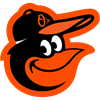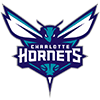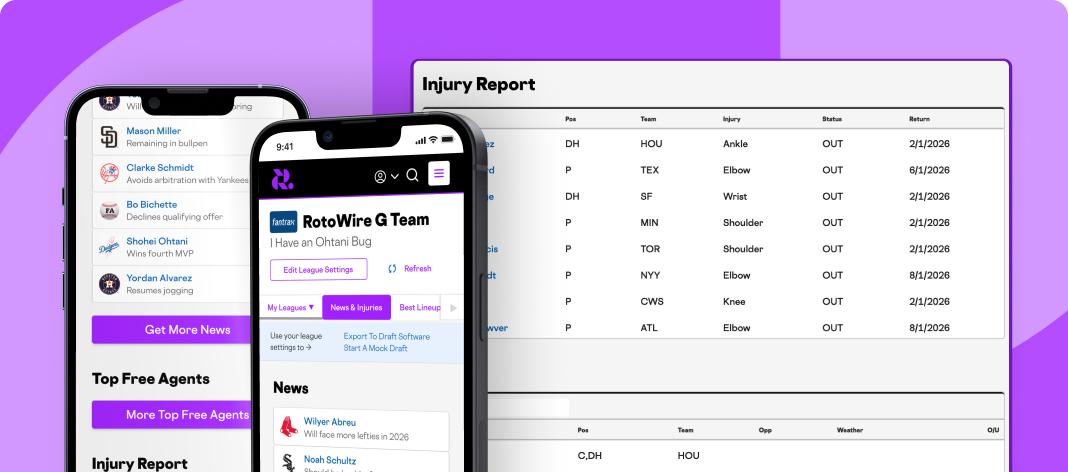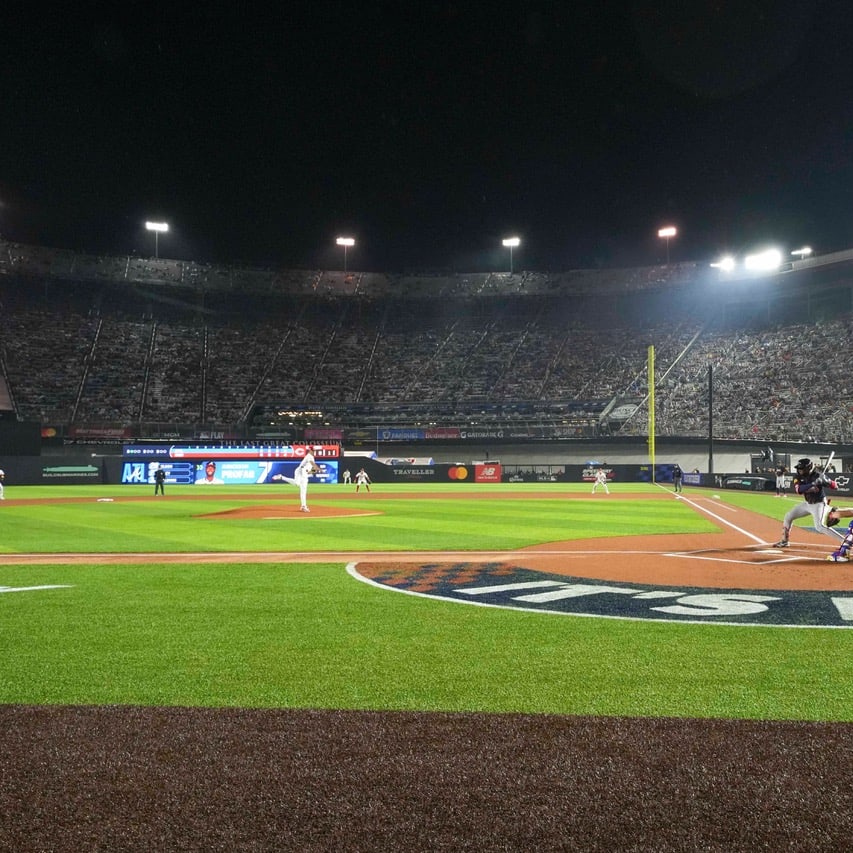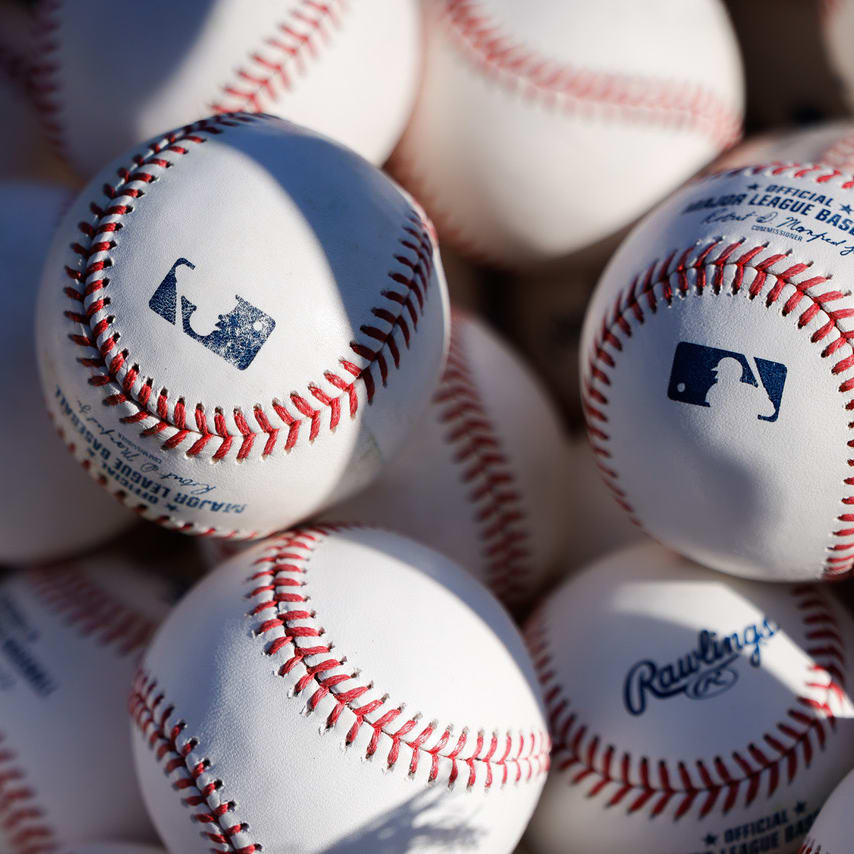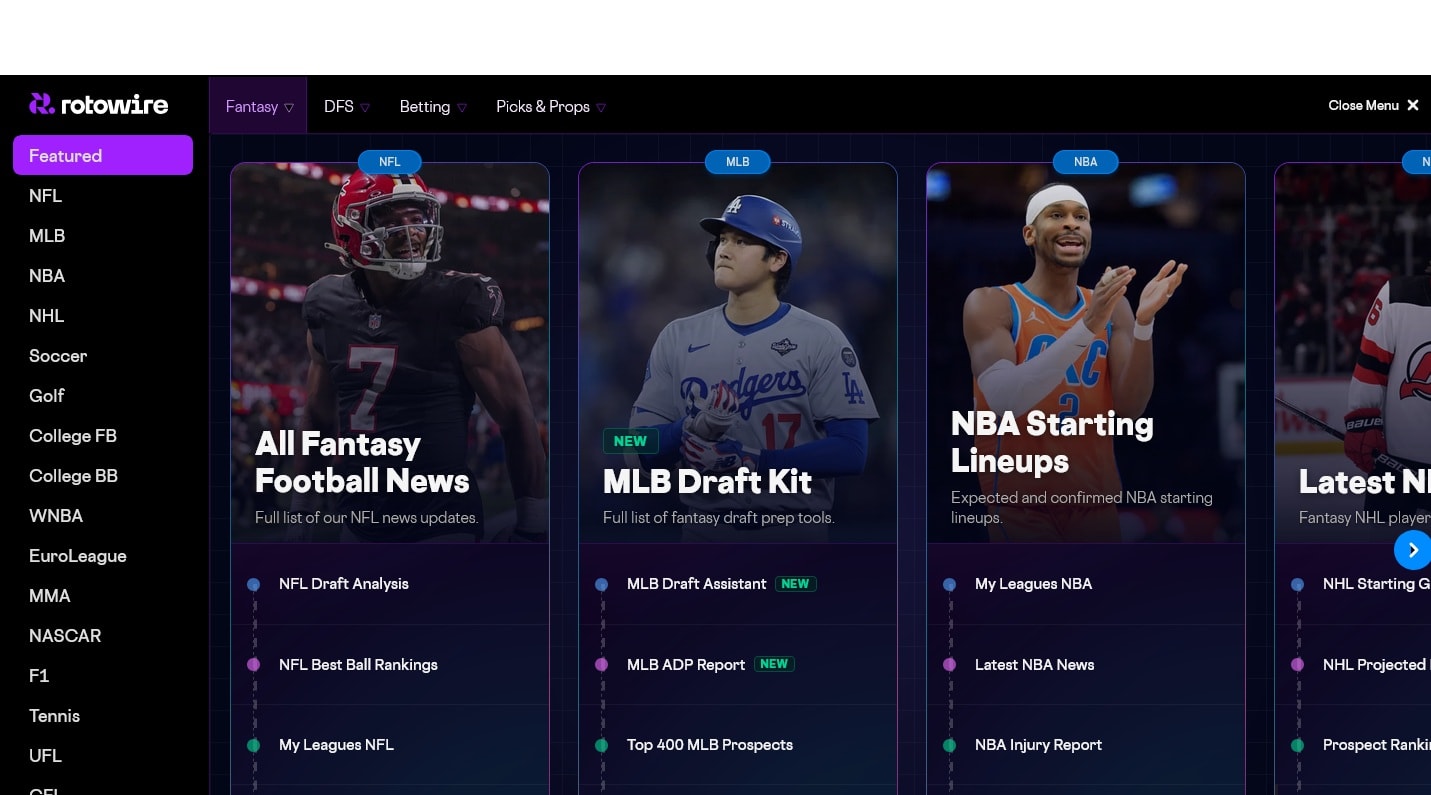I rely on Vegas data quite a bit because of the strong correlation between the numbers and the actual fantasy performance. While you don't want to use it blindly, it should be an indicator of where you want to go each day.
I use pivot tables in Excel to correlate multiple data sets. An example of this would be taking the DraftKings salaries, fantasy points, and the over/unders in Vegas to see where the highest performance scenarios come from.
Before I get granular this week, I want to set the table first with some basic scoring measurements for DraftKings scoring that will allow you to build a system for selecting pitchers.
The main focus this week will be on the over/unders, salaries, and fantasy points. The average total in baseball is 7.8. Most are 7.5, while 8.5 is the next most common.
The data used in this article was provided by DFS On Demand and is through June 12.
You can see here that 7.5, 8.5 and 8.0 are the most common totals. I look for pitchers in games with 7 or less, and hitters in games with 9 or higher as a top priority. If there are not many games in that data set, then you move to 7.5 on pitching and 8.5 on hitting.
Here is a chart with the total, the amount of times it happened, the percent, and the average points per game in games with the corresponding total. You can see the direct correlation between the over/under and the fantasy points. The target score for pitchers on DraftKings should be on average 20 points per game:
| TOTAL | COUNT | PERCENT | AVG PTS |
| 5.5 | 2 | 0.11 | 35.2 |
| 6 | 18 | 0.99 | 20.78 |
| 6.5 | 50 | 2.74 | 19.71 |
| 7 | 240 | 13.17 | 16.99 |
| 7.5 | 443 | 24.31 | 14.63 |
| 8 | 319 | 17.51 | 14.58 |
| 8.5 | 336 | 18.44 | 13.15 |
| 9 | 260 | 14.27 | 11.40 |
| 9.5 | 72 | 3.95 | 11.75 |
| 10 | 28 | 1.54 | 12.93 |
| 10.5 | 12 | 0.66 | 7.80 |
| 11 | 18 | 0.99 | 8.36 |
| 11.5 | 12 | 0.66 | 4.99 |
| 12 | 4 | 0.22 | 16.16 |
| 12.5 | 8 | 0.44 | 6.95 |
| 1,822 | Avg | 14.16 |
DraftKings pitcher salaries range from $4,000 - $14,200. I look at salaries in $1,000 buckets until I get to $11,000 and then we take $11,000-$14,200 because the sample size is pretty small in that area.
We can use a pivot table to look at the totals, salaries and performance at each tier and look to see where the best value is:
| TOTALS/SALARY RANGE | $4,000-4,900 | $5,000-5,900 | $6,000-6,900 | $7,000-7,900 | $8,000-8,900 | $9,000-9,900 | $10,000-10,900 | $11,000-14,200 | GRAND TOTAL |
| 5.5 | 35.2 | 35.2 | |||||||
| 6 | 6.1 | 5.7 | 28.9 | 19.9 | 25.3 | 20.8 | |||
| 6.5 | 10.6 | 12.9 | 10 | 17.4 | 11.9 | 15.1 | 27.2 | 19.7 | |
| 7 | 7.1 | 15.5 | 14 | 14.8 | 16.8 | 19.6 | 24.8 | 16.8 | |
| 7.5 | 7.8 | 8.5 | 13.6 | 14.5 | 16.2 | 12.7 | 16.6 | 25.3 | 14.6 |
| 8 | 11.7 | 12.3 | 11.7 | 14.9 | 18.1 | 17.3 | 13.7 | 19.8 | 14.7 |
| 8.5 | 10.7 | 10.9 | 12.5 | 14.6 | 14.5 | 14.7 | 14.6 | 19.4 | 13.4 |
| 9 | 7.4 | 9.3 | 11.4 | 12 | 14.2 | 15.8 | 18.4 | 16.9 | 11.5 |
| 9.5 | 6 | 11.4 | 10.8 | 13 | 6.4 | 19.1 | 35.6 | 20.7 | 11.7 |
| 10 | 9.7 | 16.7 | 13.2 | 9.6 | 14.7 | 9.5 | 12.9 | ||
| 10.5 | 1.9 | 12 | -6.8 | 20.7 | 7.8 | ||||
| 11 | 3.5 | 4.2 | 5.8 | 18.2 | 19.3 | 8.4 | |||
| 11.5 | 15.7 | -0.4 | -7.8 | 7.1 | 3 | ||||
| 12 | 2.2 | 18.5 | 25.4 | 16.2 | |||||
| 12.5 | 3.3 | -17 | 28.5 | 10.6 | 5.1 | ||||
| Grand Total | 8.3 | 10.0 | 12.2 | 13.9 | 15.5 | 15.2 | 16.8 | 24.1 | 14.1 |
You can see where it is very hard to find value on pitchers under $8,000, but if you are going to spend below that threshold, you need to make sure that the total on the game is 7 or less. Of course, the lower the total, the better the situation for pitching. Pitchers between $11,000-$14,200 offer the best return and are often worth the money. But the challenge is being able to fit two starting pitchers in your lineup that are priced in that tier. A lot of people have a threshold of $20,000 on starting pitching, which leaves $30,000 for eight hitters. If you have a slate where you can plug in a couple of $2,000-$2,500 hitters, then you can take that savings and put it toward your pitching.
| SALARY RANGE | COUNT | PERCENT |
| $4,000-4,900 | 107 | 5.9 |
| $5,000-5,900 | 257 | 14.1 |
| $6,000-6,900 | 349 | 19.2 |
| $7,000-7,900 | 357 | 19.6 |
| $8,000-8,900 | 272 | 15.0 |
| $9,000-9,900 | 206 | 11.3 |
| $10,000-10,900 | 120 | 6.6 |
| $11,000-14,200 | 151 | 8.3 |
| Grand Total | 1,819 |
Twenty-five percent of the starting pitchers will have a salary of at least $9,000 and on average 30 percent of the starting pitchers will hit the target score of 20 points or higher. Those are some tough numbers to deal with, but by knowing these benchmarks, you want to look for scenarios that will hit at higher than the average.
Here is a quick starting pitcher system that hits 20 points or higher at least 50 percent of the time.
1. National League pitcher vs. National League team
2. Salary of $9,000 or higher
3. Favored
Here is another system that hits 20 points or higher about 60 percent of the time.
1. Salary of $9,000 or higher
2. Total of 7 or less
3. Favored
You can see some common themes here about picking your starting pitchers on DraftKings. If you stick with this basic system, you should experience some success in daily fantasy baseball.











